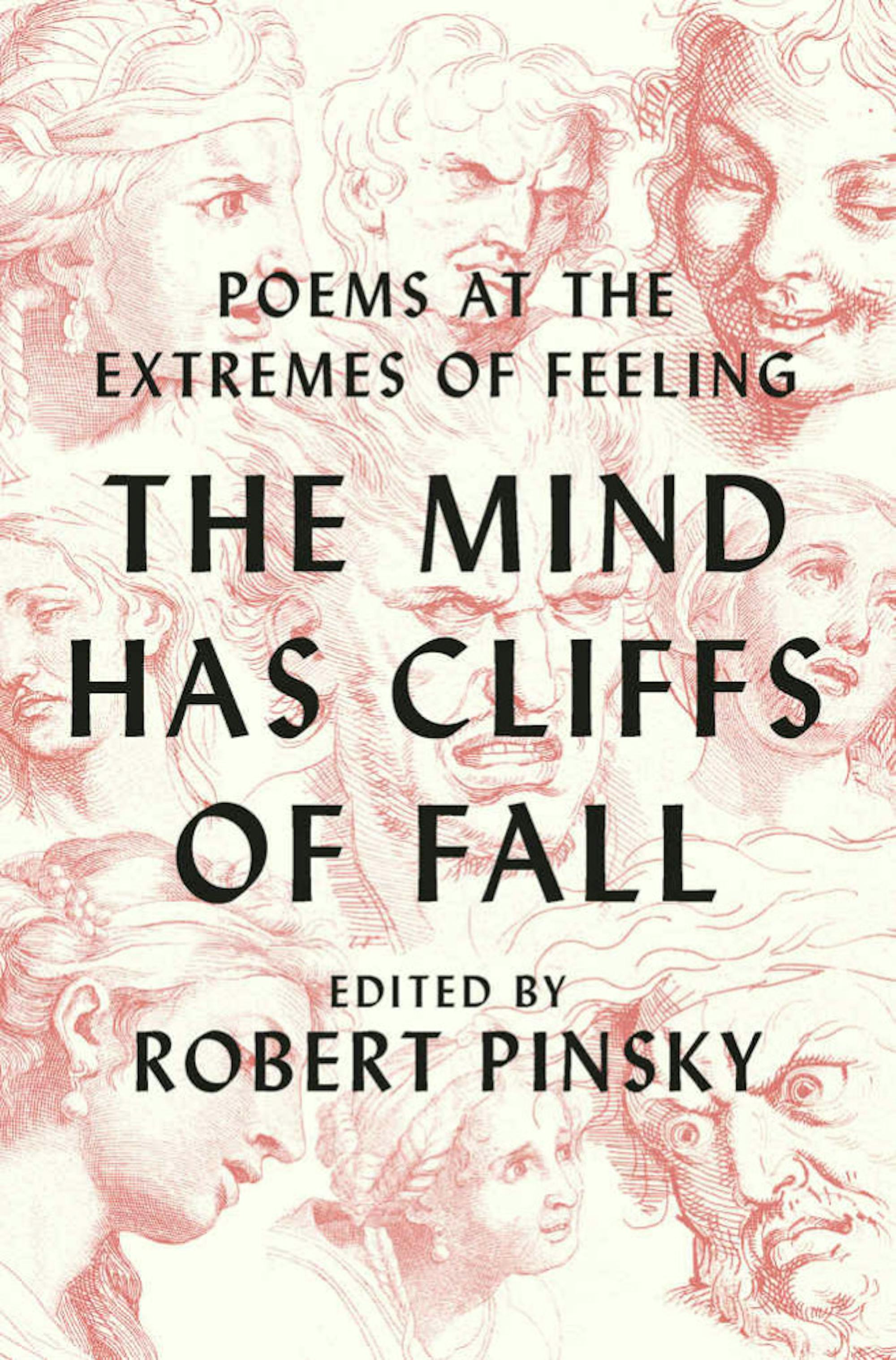Robert Pinsky, a prominent voice in American poetry, visited Porter Square Books on Oct. 29 to talk about and read from his new anthology of poetry, “The Mind Has Cliffs of Fall: Poems at the Extremes of Feeling” (2019).
Pinsky is the author of 10 collections of poetry and was elected United States Poet Laureate in 1997 and served until 2000. He now teaches at Boston University.
Pinskyused the visibility of being Poet Laureate to start the Favorite Poem Project. This project is committed to documenting how poetry plays an important role in people’s lives. Pinsky has put videos together of ordinary Americans reading their favorite poems, put the poems into collections, and hostedFavorite Poem events around the country.
Porter Square Books did not charge for the packed event and continued to add chairs throughout the beginning. Pinsky commented on loving the store and being happy to be there sharing some of the poems in his new anthology.
“The Mind Has Cliffs of Fall” is categorized by emotions like despair and mania. Each of its seven sections begin with older poetry and ends with more modern pieces. While reading through a section you travel through centuries of poetry. Moreover, there is a range in styles and types of poems. Pinsky emphasized the fact that this “book was made for pleasure as art is made for pleasure.” Pleasure, he commented, is essential.
Most anthologies also include author biographies or longer introductions before the poem is presented to the reader. Pinsky, however, limited his introductions to each story to between five and 27 words. He stressed that these notes are not explanations, but rather an invitation for the reader. “It is what I would say to a friend,” Pinsky commented.
Pinsky started by compactly giving us a window into the book through reading two of the poems included, “No worst, there is none. Pitched past pitch of grief” (1985) by Gerard Manley Hopkins and “The Man of Double Deed” by Anonymous. Pinsky said the title of the anthology comes from the Hopkins poem and that “The Man of Double Deed” encapsulates how poetry joins reason and unreason.
Pinsky was joined by poets Gail Mazur and Jill McDonough.Mazur is the author of eight collections of poetry and was a finalist for a National Book Award. McDonough is Pinsky's former student and just published her fifth collection of poetry.Pinsky features both poets in the anthology, and they also did readings during the event.
Each poet discussed how the anthology is stuffed full of amazing and beautiful poetry, but also includes important and poignant poetry as well. The poets all read different poems, but each brought a unique and gorgeous rhythm to the poetry they read. The intimate knowledge that they all had of poetry and of these specific poems made them wonderful to listen to.
Moreover, the enjoyment in sharing poems was palpable and covered the faces of Pinsky, Mazur and McDonough. It created a comfortable and personal atmosphere in the already small, close space. Pinsky has so much knowledge and passion for poetry that it oozed from every sentence he spoke.
Pinsky also talked about how “the poems speak to one another in the book without me.” He felt that while writing the anthology, it was important not to speak for the poems, but that they talk for themselves. He also said, “I didn’t put anything in here I don’t think is terrific.”
Pinsky then commented that at his Boston Book Festival presentation of “The Mind Has Cliffs of Fall,” someone asked if he had a complementary section entitled “hope” to counter his section entitled “despair.” At first his response was, “No. Hope is boring.” But his following answer, which he said is the better answer, was that you cannot write about despair without writing about hope.
Pinsky’s anthology allows each reader to easily find the poem they need when they need it. As he commented, they are all poems “where something is at stake,” where there is a purpose and a motive. Some do this through skillful language and others through humor, yet he has packaged them all delightfully inside of “The Mind Has Cliffs of Fall.”
Pinsky talks new anthology, poetry, emotion

Robert Pinsky’s new anthology, 'The Mind Has Cliffs of Fall: Poems at the Extremes of Feeling' (2019), is pictured.





